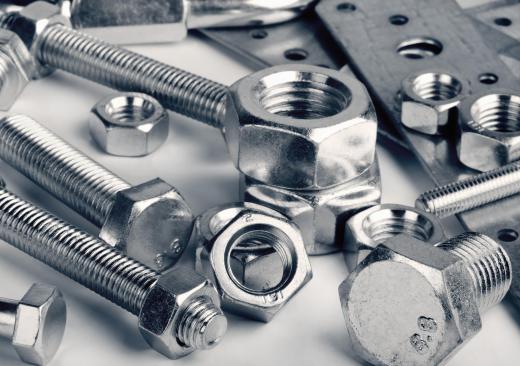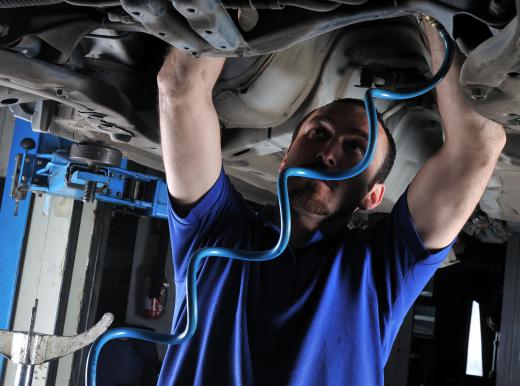A socket driver looks like a screwdriver but is designed specifically for removing nuts and bolts. These drivers are made from metal and include a handle, shaft, and socket head area. They come in multiple sizes that match standard sockets used by mechanics. Socket drivers are considered hand tools and are typically used on bolts that are hard to reach with a standard socket and wrench.
The socket driver belongs to the family of hand tools used specifically for removing bolts, nuts, and screws. This tool includes a specific head size on the tip that matches the bolt head pattern. Socket drivers are available in American, metric, and hex bolt patterns.
Socket drivers range in length, strength, and appearance. Most drivers are used for small nuts that only need hand tightening. Larger nuts require additional torque that can only be accomplished with heavy-duty socket wrenches.

A magnetic socket driver is a special socket tool that has a magnetized head. These are drivers designed for metal nuts and are typically used in hard-to-reach areas. The magnetic head holds the nut securely in place while it is inserted onto the bolt.
Most automobile carpet and upholstery mechanics use socket drivers. This hand tool helps to remove hex bolts from the car. The socket driver is typically used for small bolts in dashboards, headliners, and automobile carpet upholstery.

A power socket driver is a small battery-operated screwing tool often used by auto mechanics. This power tool is designed to quickly remove small bolts and nuts in cars. Power socket drivers are available in either electric or air-powered units and can save considerable time for the mechanic.
A socket driver is also used for lightweight electronics equipment. This includes car video, audio, and electronic devices. The driver tool allows the mechanic to remove bolts from delicate electronic devices. This ensures computer boards and electrical components are not over tightened, which can break delicate plastic material.
A hex socket driver is designed specifically for hex bolt patterns. This is a special bolt design often used in cars and household furniture. A hex bolt pattern is stronger than standard screw designs because it includes more angles. When using a hex bolt driver, it is important to use the correct size. Using an incorrect tool can cause the head to become stripped and unusable.
